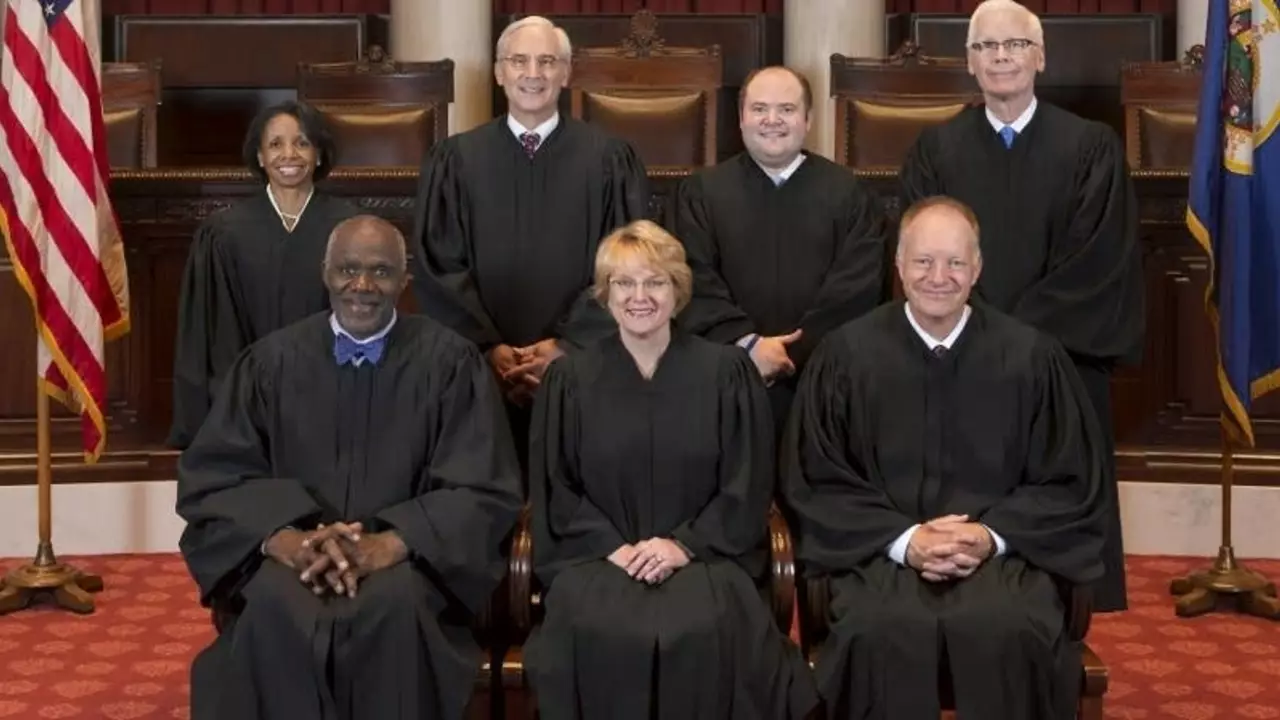Understanding Pegasus and Its Significance
Before we delve into the Supreme Court order on Pegasus snooping, it's essential to understand what Pegasus is and why it is significant. Pegasus is a spyware developed by the Israeli cyber arms firm NSO Group. This software can infiltrate a smartphone and gain access to an array of information, including text messages, emails, and even voice calls. Furthermore, it can secretly record conversations and turn on cameras without the knowledge of the user. The gravity of its capabilities makes it a useful tool for surveillance and espionage, raising serious privacy concerns worldwide.
Background of the Pegasus Snooping Case
The Pegasus snooping case came into the limelight when a consortium of 17 media organizations revealed that the software was allegedly used to spy on journalists, activists, and political figures in various countries, including India. The list of potential targets included high-profile individuals, which sparked a nationwide debate on privacy and surveillance. The Supreme Court's involvement was sought to ensure a thorough and impartial investigation into the allegations.
The Petitions and the Supreme Court's Response
A series of petitions were filed in the Supreme Court, asking for an independent probe into the Pegasus snooping allegations. The petitioners argued that the allegations were grave and raised concerns about the privacy of citizens, and hence, warranted a thorough investigation. In response, the Supreme Court acknowledged the seriousness of the allegations and decided to hear the case. They ordered a detailed examination into the matter, setting the stage for a significant ruling on privacy and surveillance in India.
Details of the Supreme Court Order
The Supreme Court, in its order, set up a three-member committee to probe the Pegasus snooping allegations. The committee is headed by a retired Supreme Court judge and includes cybersecurity and technical experts. The Court added that the committee would have full authority to summon persons and demand documents as necessary. It was a landmark decision, as it showed the Court's commitment to safeguarding the privacy rights of citizens.
Implications of the Supreme Court Order
The Supreme Court's order has several implications. Firstly, it reaffirms the Court's stance on the importance of privacy. It sends a clear message that allegations of privacy invasion will not be taken lightly and will be thoroughly examined. Secondly, it sets a precedent for future cases involving privacy and surveillance. Furthermore, it puts the spotlight on the need for robust cybersecurity laws and practices in the country. Lastly, it triggers a discourse on the ethical use of technology and its potential misuse for surveillance purposes.
Conclusion: What the Future Holds
While the Supreme Court order is a step in the right direction, the battle for privacy is far from over. The Pegasus snooping case has opened a Pandora's box, bringing to light the pressing need for robust privacy and surveillance laws. It also underlines the need for international cooperation on cyber laws and regulations. As technology continues to evolve, the challenge of balancing privacy rights with security needs will continue to be a complex issue. But for now, the Supreme Court's order is a ray of hope for privacy advocates, promising a thorough and impartial probe into the Pegasus snooping allegations.
